The world of today is one where the boundaries between what is real and what is imagined are often hazy and indistinguishable. Here, entertainment has emerged as a formidable force in shaping the very foundations of nation-building. No longer confined to being mere sources of leisure, movies, music, television shows, and even video games wield immense power in cultivating national identity, fostering unity, and promoting cultural values. The strategic use of entertainment blog delves into the nuanced ways in which entertainment-focused narratives play a pivotal role in nation-building and how they are skillfully utilized towards this end.
The Importance of Entertainment in Shaping a Nation’s Identity
From the earliest forms of storytelling to modern-day media, entertainment has served as both a mirror and a sculptor of society. It has the power to not only reflect the beliefs and values of a nation, but also to mold them. Through various mediums such as film, music, and literature, entertainment can shape public perception, influence collective opinions, and ignite social change.
“When expertly crafted, it becomes a potent tool for promoting a country’s unique identity – its customs, history, and ambitions – ultimately solidifying the sense of national pride and unity among its citizens.”
1. The Power of Cinema in Shaping National Identity
Films hold a unique power to influence and shape the beliefs and values of a nation’s people. Through their wide reach and lasting impact, they have been utilized as a medium for crafting national myths—the stories that define a country’s identity, struggles, and successes. Examples of the strategic use of entertainment can be seen in Hollywood’s portrayal of the American Dream, which promotes ideals of freedom, individualism, and pursuing one’s own happiness. Similarly, Bollywood has used cinema to reinforce the idea of a diverse yet united India, celebrating its cultural diversity and collective resilience.



In addition, films have the ability to address historical events and reinterpret them in ways that align with current national narratives. This can serve to unite a nation around shared memories or aspirations, even when these memories may be controversial.
2. Television: A Window into the Nation
Television series hold immense power in their ability to reach and influence large audiences. Through various genres such as dramas, action, or documentaries, these shows delve into the intricacies of everyday life, societal challenges, and the complexities of the human condition within a national context. By showcasing these stories, they help to normalize certain values and norms while subtly molding public consciousness. The USA traditionally has been a global leader in this based on their structure in place vis a vis Hollywood.

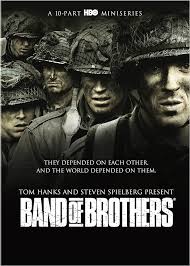
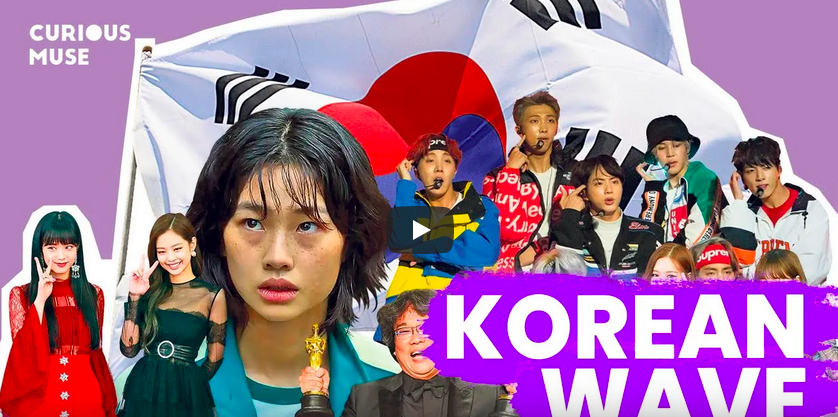
One prime example of this strategic use of entertainment is seen in South Korea, where television dramas have played a pivotal role in promoting the country’s cultural identity both domestically and internationally through the Korean Wave (Hallyu). These dramas offer a glimpse into various aspects of Korean life – from traditional family values to modern-day social issues – thus reinforcing a strong sense of national identity among viewers. As a result, these shows not only entertain but also serve as powerful tools in shaping and preserving a nation’s cultural heritage.
3. Music: The Soundtrack Beyond Borders
From the stirring strains of a national anthem to the catchy rhythms of pop music, there is no denying the power of music to unite and inspire. Its universal language knows no boundaries, bridging gaps between people and evoking deep emotions that bind us together. In times of struggle or triumph, music has the ability to bring a nation together.


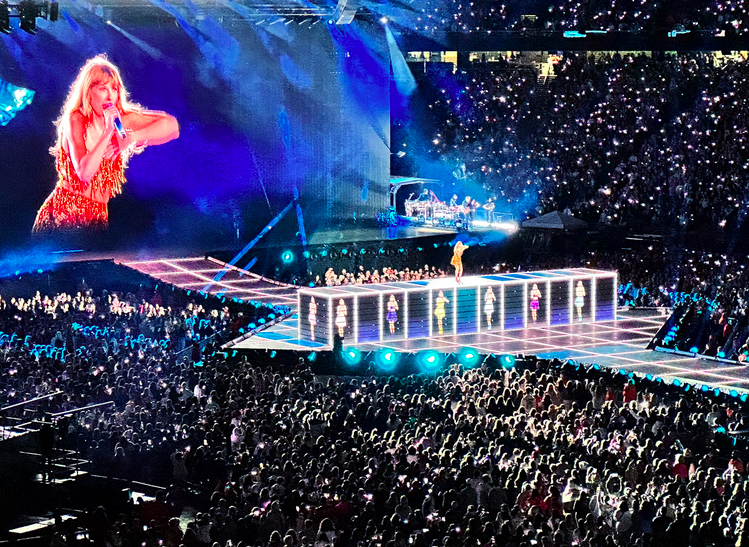
But music is not just limited to its impact within a country’s borders. It has been used as a soft power tool to spread culture and values across the globe. Whether it’s the high-energy tunes of K-pop from South Korea, or the infectious melodies of American pop music, countries have successfully exported their musical influences, enhancing their image and prestige on an international scale. Music truly knows no bounds when it comes to representing culture or national pride. Therefore, the strategic use of entertainment for this purpose.
4. Video Games: Interactive Nation-Building
In the rapidly advancing digital age, video games have emerged as a new frontier for nation-building. These interactive experiences open up endless possibilities for players to engage with national narratives in a personal and immersive way. Through virtual exploration of different cultures and historical periods, games like “Assassin’s Creed” offer players an unprecedented opportunity to not only learn about another country’s past, but also to actively participate in shaping its future.
As players navigate through historically accurate settings and interact with characters inspired by real-life figures, their understanding of a country’s history is deepened and enriched. This can foster a sense of pride and connection to one’s own cultural roots, as well as promote appreciation for other nations and their contributions to our collective story.
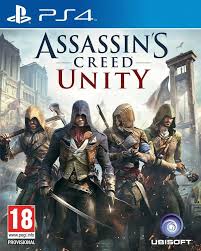
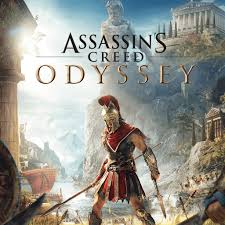
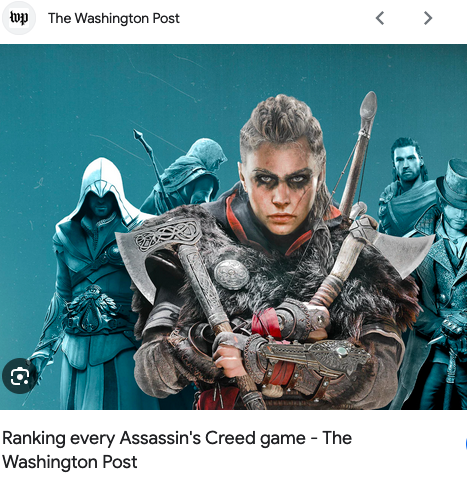
Beyond just entertainment, video games hold significant potential for educating younger generations about the complexities and nuances of nation-building. By highlighting important events and showcasing national heroes, these games can serve as powerful tools for reinforcing a country’s historical narrative and values. With the ability to reach a diverse audience across borders, video games truly have the power to unite us in shared experiences and ignite a passion for discovery and learning about the world around us.
Entertainment-Focused Narrative in Nation Building
Governments and cultural institutions have long recognized the immense power of entertainment in shaping the collective identity of a nation. As such, they may carefully select and invest in the production and promotion of entertainment that aligns with their desired national objectives.
“This can include incentives for feature films that depict historical events from a specific perspective, support for TV Series that promotes a sense of unity among diverse populations, or initiatives that encourage the creation of educational music video and games.”
However, this strategic use of entertainment is not without its challenges. There exists a delicate balance between instilling national pride and engaging in propaganda. If entertainment is perceived as overly patriotic or biased, it can backlash and create skepticism or detachment among audiences. Therefore, it is crucial that entertainment remains authentic and resonates with the genuine experiences and aspirations of the people it aims to represent. Only then can it effectively contribute to the continuous process of nation-building.
Conclusion: The power of Storytelling on Nation-Building



In conclusion, the power of storytelling cannot be underestimated in its role in nation-building. Through various forms of entertainment such as films, television shows, music, and video games, nations have the ability to shape their national identity, promote cultural values, and foster unity among their people.
These narratives have the ability to resonate deeply with individuals, instilling a sense of pride in their country and projecting their values to the world. As technology continues to advance and access to media grows, the influence of entertainment on nation-building will only become more significant, solidifying its place as a crucial tool in defining and redefining what it truly means to be a member of a nation.
More about the writer Asim Qureshi (Video Below hosting SuperStar Fawad Khan at the premiere of the biggest film 2024 Umro Ayyar )
References :
- Cinema as a tool of `National Narrative and GeoPolitics (The Peninsula)
- Hallyu How Korean culture conquered the world
- Movies as Instruments of Soft Power and Influence in Irregular Warfare
- How Hollywood became the unofficial propaganda arm of the U.S. military
- The 25 Great War Movies Of All Time
- IDEAS Pakistan:Showcasing Excellence in Defense and Innovation - November 20, 2024
- The Strategic Use of Entertainment in Nation-Building - August 23, 2024
- Narrative How To Build One That Sells - March 27, 2023



Very nice, simply explained.Wish Pakistan regularly utilize such thought process strategically for nation building values.
Love the examples you have given and the films. Have not watched Band Of Bros but will do now.
I don’t agree with your analysis, some of these films are free from such agenda based narrative.
I so agree with this quoting “Similarly, Bollywood has used cinema to reinforce the idea of a diverse yet united India, celebrating its cultural diversity and collective resilience.”
Hi Asim brilliant as always, you should consider including Turkish TV in your analysis.
Hi Asim, great blog.. when are you coming next to Turkey?
Good one Bro! I think this is why Imran Khan was promoting Turkish series and collaborations.
yes your right, films and tv have long history of pro panda or narrative as you like. But they are some brilliantly made productions.
Honestly I did not think Assassin Creed like you have explained but sometimes use to think why they have done this or that now I will look at it makes sense. I am a fan of the game.
Oh Man! I so agree with you . Korea is ruling the world with its culture . Makes sense why.
Love it the strategic use of entertainment. Simply explained and good writing.
The Korean entertainment industry has definitely taken over the global stage in the sphere of culture. I am glad you pointed this out.
[…] The Strategic Use of Entertainment in Nation-Building […]